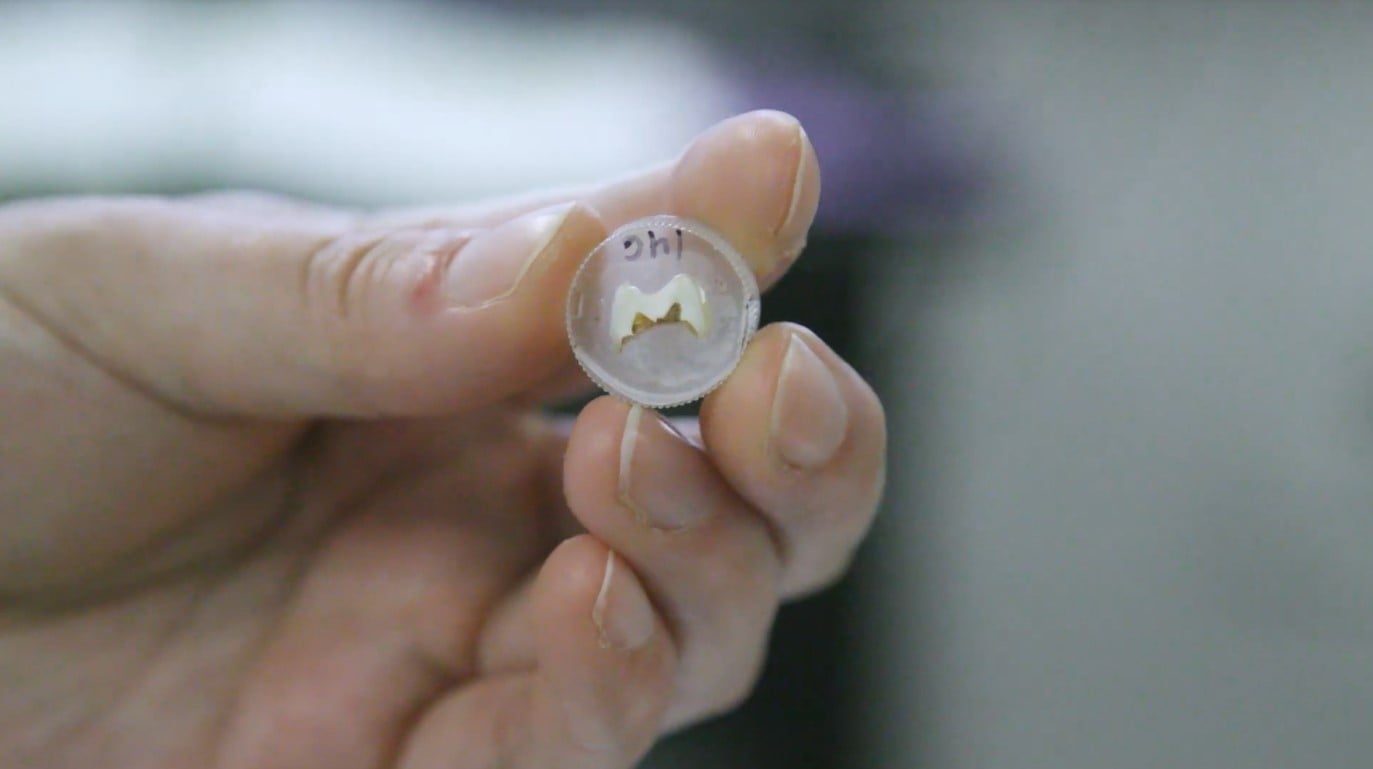Australopithecus africanus are believed to be among the earliest humans, living 3 million years ago. Now after detailed research, scientists believe early humans breastfed their babies for a year after they were born.
The study was conducted based on fossil teeth, which showed the breastfeeding similarity with modern humans. Australopithecus used to run in the southern African grasslands and forests, and one of the best-preserved fossils is Lucy, believed to have lived 2 million to 3 million years ago. According to CNN, Lucy died by falling off a tree.
Australopithecus are believed to be similar to chimpanzees. They seem to have grown very fast, possibly reaching adulthood faster than modern humans. Earlier research suggested that Australopithecus ate different food, including fruits, leaves, grass and roots, but because of the frequent seasonal changes, they apparently changed their diet quite often.
Scientists found two sets of fossilized teeth inside the Sterkfontein Cave near Johannesburg, South Africa. They suggest early humans breastfed their babies for a year. Upon close examination of the teeth, scientists found growth rings which helped them analyze the age of the fossils and the minerals that were taken in through their diet. They found barium, which is often found in breast milk. The accumulation of the material suggested that barium was received even after three months of age, indicating that Australopithecus breastfed their babies for a year at least.
Scientists also found evidence of cycle-like patterns of lithium in the teeth, which suggests food scarcity. Scientists found that food scarcity often lasted for six months because of the changing of the seasons and led to more breastfeeding or hunting for other food sources.
“For the first time, we’ve gained new insight into the way our ancestors raised their young, and how mothers may have adapted to seasonal food shortages with breastfeeding,” lead study author Renaud Joannes-Boyau of the Geoarchaeology and Archaeometry Research Group at Southern Cross University in Australia said in a statement.
Scientists compared the teeth with teeth from modern-day great apes and observed how infants rely on breast milk more during times of food scarcity. The findings were reported in the journal Nature, while the study was backed by the National Institutes of Health. Scientists believe Australopithecus became extinct because of poor food sources caused by dry winters.
“Seeing how breastfeeding has evolved over time can inform best practices for modern humans by bringing in evolutionary medicine. Our results show this species is a little closer to humans than the other great apes which have such different nursing behaviors,” study co-author Christine Austin of the Icahn School of Medicine at Mount Sinai. “These are important findings from an evolutionary perspective, because humans have long childhoods and short breastfeeding periods while apes have longer breastfeeding periods than humans do. We’re still in the dark about why or when we made that change and what the effect of more recent major changes in breastfeeding, with agriculture and industrialization, could have on mothers’ and babies’ health.”





